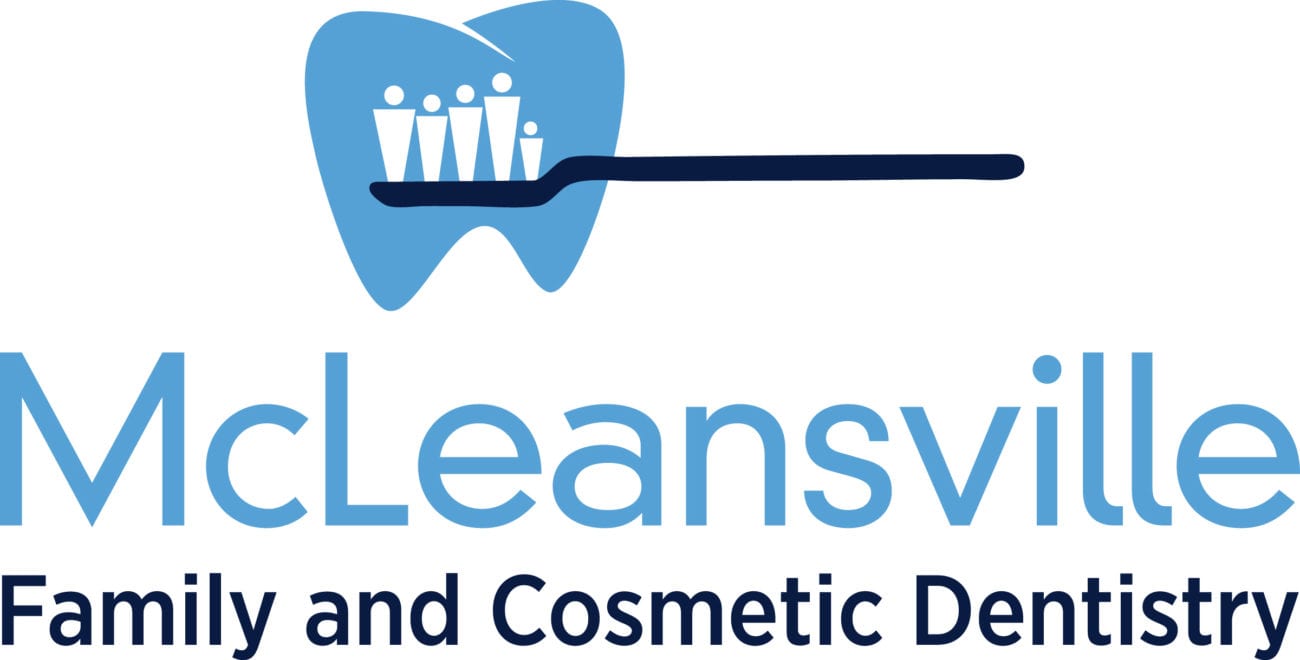If you have a severe toothache or a tooth falls out, you know you need to call your dentist right away. But for smaller changes in your smile, you might elect to tough it out rather than reach out to your dentist. However, smaller dental problems could be symptoms of major dental concerns.
You should contact your dentist for an evaluation if you notice any oral health concerns, even if you think they are not a big deal. Read on to find three dental symptoms that might seem minor but could require urgent treatment from a dentist.

3 Dental Issues That May Need Urgent Care
Tooth Sensitivity
If you have ever bitten into a cold or sugary food and felt a sharp jolt of pain in your tooth, you are familiar with tooth sensitivity. This pain can feel excruciating at the moment of stimulation of the nerves, but the sensation often fades. Though intermittent, tooth pain of any kind is abnormal.
You should seek a dental check-up for tooth sensitivity pain. It occurs when the outer layer of the enamel no longer shields the nerves in the interior of the tooth. This means you have a damaged dental structure.
This can happen for a number of reasons, but it points to a vulnerability in the tooth. Cavities are one reason for this symptom, and without treatment, decay can worsen and lead to severe harm to your smile. Catching this problem early will preserve your dental health.
Bleeding Gums
Sometimes you might notice your gums bleeding for acute reasons like harsh tooth brushing techniques. But if your gums start to bleed on a more frequent basis, you might have contracted an infection called gum disease.
The early stage can present with inflammation, bleeding, and soreness in the gum tissue. But if gum disease advances, it can cause major damage to the teeth and jaw that may result in tooth loss.
You will need treatment from your dentist to get rid of gum disease. It is easier to treat when diagnosed early. So if you notice issues in your gums, let your dentist know as soon as you can.
Chronic Bad Breath
Bad-smelling breath can affect the best of us, especially after a garlicky meal. Usually, bad breath occurs when lingering food particles remain in the mouth and begin to decay, producing a foul odor. You can stop this issue by brushing and flossing your teeth to remove these particles.
If your oral hygiene routine does not get rid of bad breath, then this could be a symptom of a larger dental problem. Advanced tooth decay and gum disease can present with bad breath. Not only could this issue prove to be embarrassing, but it could also majorly hurt your oral health.
Tell your dentist if halitosis becomes chronic. They can spot the cause of this symptom and offer the appropriate treatment. This can stop severe or irreversible dental harm and have your mouth feeling fresh once again.
